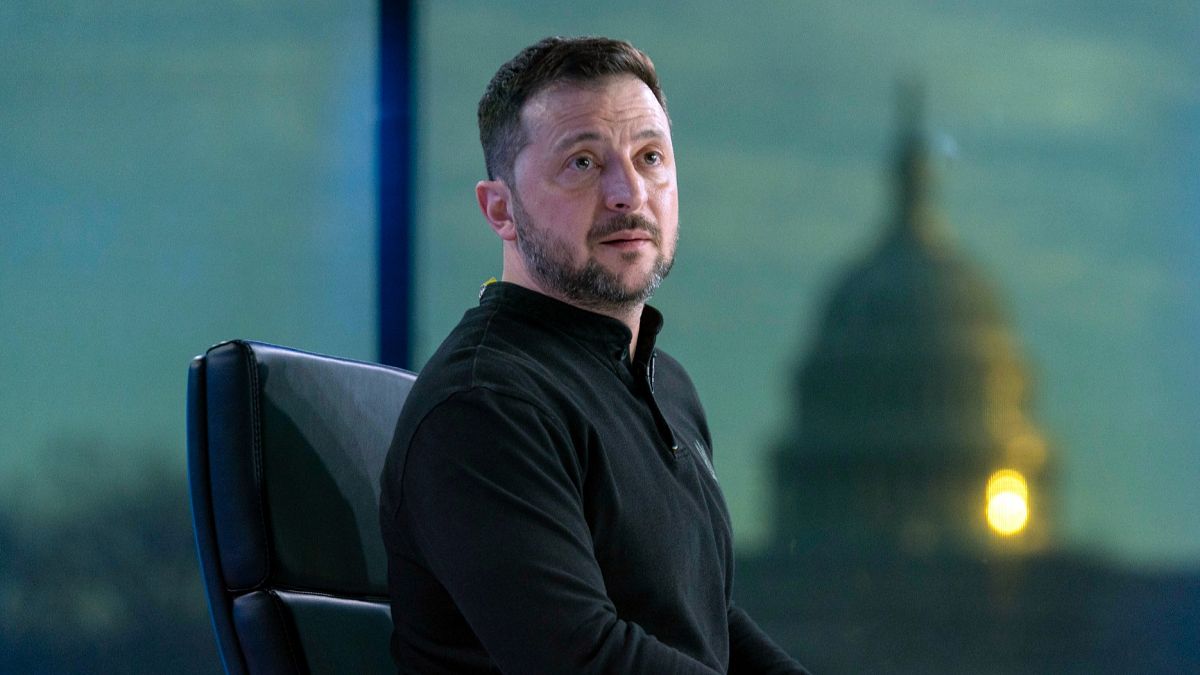Every year, thousands of young Kiwis undertake one of the most dangerous activities they’ll ever do for the first time: getting behind the wheel.
Rangatahi are at high risk in those critical early days, both as drivers and passengers, and are over-represented in road trauma data.
When things go wrong on the road, the outcomes not only impact the youth involved, but the families and wider communities around them too.
That’s why Road Safety Education Limited (RSE) runs New Zealand’s leading national road safety programme RYDA with support from Toyota NZ to educate secondary school students on road safety through single-day workshops.
This year, the programme has reached nearly 15,500 senior students from 170 high schools, or about 40% of high schools nationwide.
Together, RSE and Toyota aim to make a tangible difference to New Zealand communities by contributing to a reduction in deaths and serious injuries on our roads. Their goal is to set young people up with skills and strategies for safe road use as they begin working towards their driver’s licence and throughout their lives on the road.
Making safe driving a way of life
RSE says RYDA is the best practice road safety programme, designed to complement the high school curriculum and encourage a road safety school culture.
The programme features an engaging and memorable one-day workshop and pre-and-post classroom lessons to build students’ understanding of road safety from the outset.
The workshop sessions are designed to be held in small classroom-sized groups of approximately 25 students and are led by trained facilitators, including police, driving instructors and other community specialists. This year two Unit standard follow-up online courses were also added to the programme.
As young people are disproportionately being hurt on the road, RSE and Toyota also hope the RYDA programme provides a reality check for parents and caregivers in terms of the risks faced when sending their adolescents off on their own in a car, or riding with young drivers.
According to RSE, the “Fatal Five” – the five greatest factors affecting safety on the road – are:
· not wearing a seatbelt
· alcohol and drug use
· driver fatigue
· distraction
· speeding
Additionally, RSE says the social impact cost of a single fatal crash on the community is approximately $5 million a year.
Therefore, helping just one person to be a better driver and making a decision that avoids a crash can more than cover the cost.
A future for safe drivers
By 2030, RSE and Toyota aim to have RYDA involved in most if not all high schools’ curriculums, and over time most road users will be RYDA graduates.
By targeting young people at the start of their licensing journey they are set up with good habits which will stay with them over their lifetime on the road. This targeted approach will contribute towards reducing road deaths and serious injuries in NZ communities and help change our road safety culture.
RSE also wants to continue expanding the conversation on rangatahi road safety beyond the classroom and bring it to the dinner table through Drive Coach, a free education parent evening that began this year.
Drive Coach furthers RYDA by educating whānau about the risks young people face and the community health and wellbeing benefits of the programme. Research shows that the way parents engage with their teens as they learn to drive can have a significant impact when it comes to creating safer drivers who take less risks.
RSE, through the Drive Coach programme aims to equip parents and carers with the tools they need and support them on this very important journey.
Toyota says it is proud to be partnering with RSE to support RYDA and its mission, and that it has provided four Corolla Cross hybrids to be used by the RYDA team throughout New Zealand.
“Our goal through this partnership is to accelerate national progress in reducing road fatalities and continue to form our commitment to support local communities,” the company says.
This content was sponsored by Toyota New Zealand. Parents and caregivers can learn more about the RYDA programme here.













